 Del lunes 13 al miércoles 15 de marzo, el Dr. Georg Gasser de la Universidad de Innsbruck (Austria), dictará el seminario Identidad personal y teoría de la acción, en el marco del Programa de Estudios Humanísticos.
Del lunes 13 al miércoles 15 de marzo, el Dr. Georg Gasser de la Universidad de Innsbruck (Austria), dictará el seminario Identidad personal y teoría de la acción, en el marco del Programa de Estudios Humanísticos.
Georg Gasser se doctoró en Filosofía en la Universidad de Innsbruck con una tesis sobre los presupuestos ontológicos de la agencialidad. Enseña en el Departamento de Filosofía Cristiana de la misma Universidad, donde estudió también Teología. Ha integrado y coordinado proyectos de investigación en ambas disciplinas, entre otros “Analytic Theology” (2010-2014) y actualmente “Nature of God. Integrating Insights from Science and Philosophy into Theology” (2015-2018). Es autor de numerosas publicaciones en el ámbito de la teoría de la acción, el debate sobre el libre albedrío, la metafísica y la filosofía de la religión.
Para consultas e inscripción escribir a peh@austral.edu.ar
PROGRAMA
- Concepciones biológica, psicológica y narrativa de la identidad personal.
- Argumentos epistemológicos, fenomenológicos, ontológicos y empíricos para una teoría de la acción.
- El rol de la acción en la constitución de la identidad personal a través del tiempo.
- Consecuencias prácticas y éticas.
El seminario se dictará en inglés.
DESCRIPTION
In this course I will focus on the relationship between agency and our identity over time. My idea is to divide the course into four sections: First, I begin with a brief outline of (a) the main (three-dimensional) accounts to our identity over time, and (b) the most influential conceptions of agency.
Secondly, I aim at developing a robust concept of agency by making use of epistemic, phenomenological, ontological and empirical arguments. In the light of the interdisciplinary nature of the course, I will draw particular attention to empirical arguments, especially to research findings in the cognitive sciences and developmental psychology.
Thirdly, I will apply the concept of agency developed to the debate on our identity over time – call it the agential account to our identity over time. In doing so, I will ask (and ideally provide answers to) questions such as (i) «Are we in the most fundamental (ontological) sense agents?», (ii) «Is agency a necessary and sufficient condition for our identity over time?», (iii) «Is our identity over time ‘thicker’ or ‘thinner’ depending on our level of agency?» or (iv) «How does the proposed agency account relate to or fit into biological, psychological and narrative accounts of personal identity?».
Finally, if time still allows, I will conclude the course with considerations about possible practical/ ethical implications of the view proposed.
